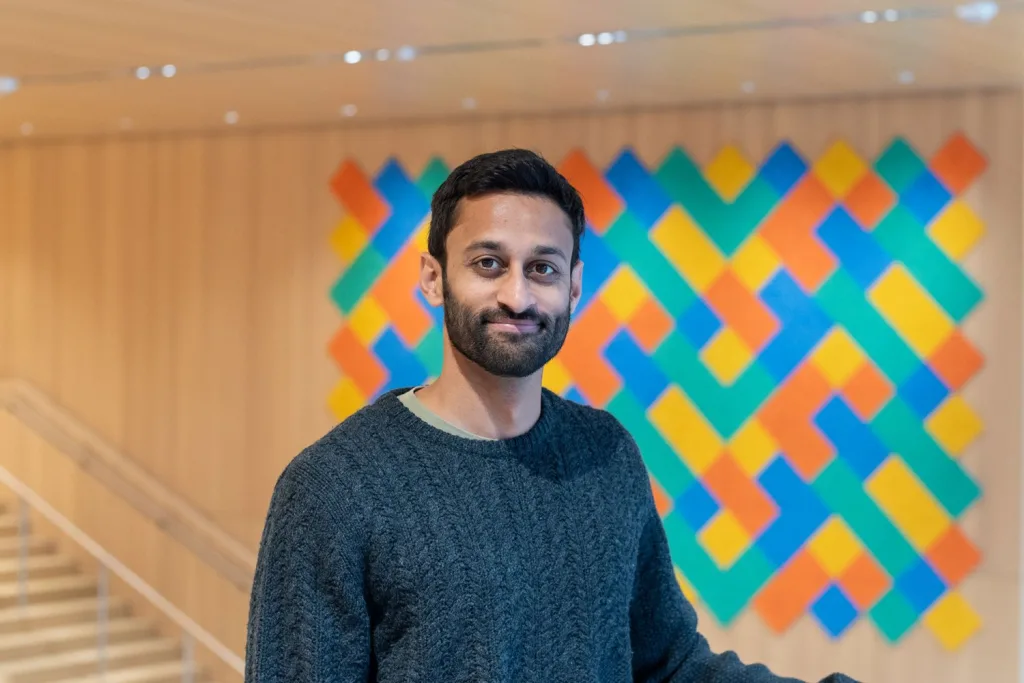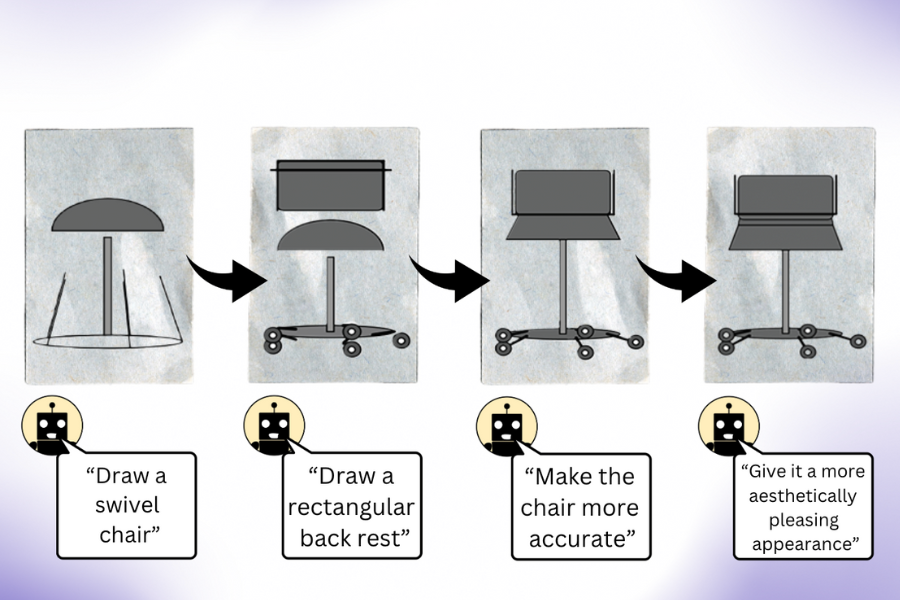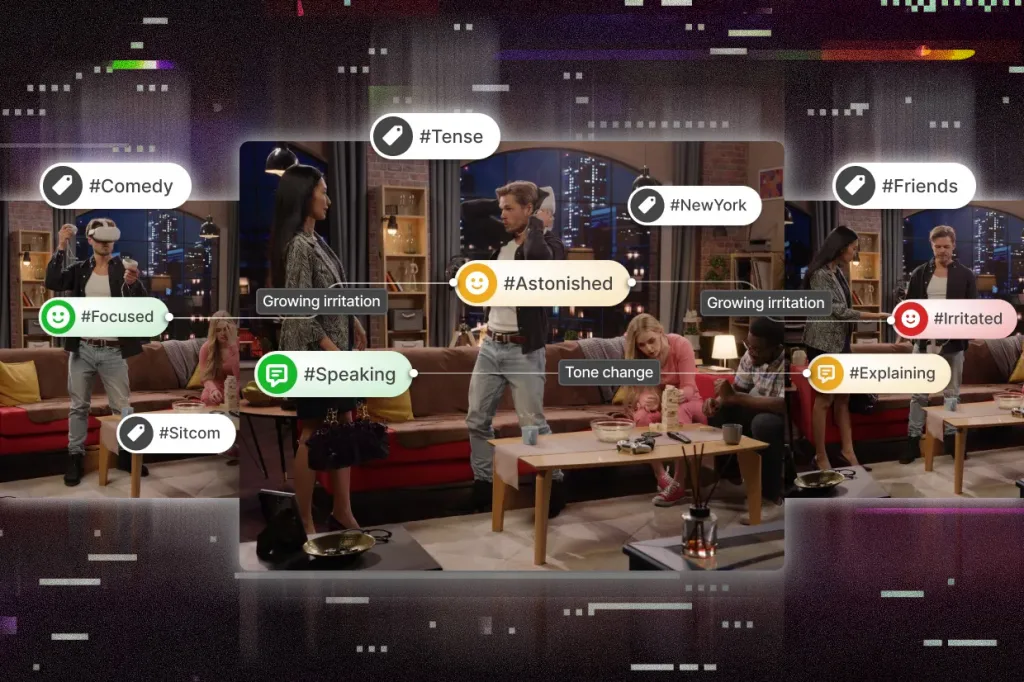With the transformative potential of algorithmic decision-making and artificial intelligence — enhancing speed, efficiency, and predictive accuracy in diverse sectors — Manish Raghavan is dedicated to countering the inherent risks these technologies pose. His aim is to leverage AI to address pre-existing societal challenges effectively.
“My ultimate goal is to steer my research towards innovative solutions for enduring societal issues,” shares Raghavan, who is the Drew Houston Career Development Professor at MIT’s Sloan School of Management and the Electrical Engineering and Computer Science department, as well as a principal investigator at the Laboratory for Information and Decision Systems (LIDS).
A compelling illustration of Raghavan’s vision is his investigation into the role of AI in recruitment processes.
“Historically, hiring practices have left much to be desired, and AI systems trained on past data often reflect the biases and errors inherent in previous decisions,” Raghavan points out.
Yet, he identifies a significant opportunity here.
“Measuring discrimination has always been a challenge,” he explains. “AI systems can sometimes provide clearer insights than human judgments, and one of my objectives is to understand how to utilize this visibility to develop new methods for identifying when these systems misbehave.”
Growing up in the tech-rich San Francisco Bay Area, with both parents possessing degrees in computer science, Raghavan initially aspired to become a doctor. However, a pivot towards his passion for mathematics and computing led him to pursue computer science in college. A pivotal summer spent conducting research at Cornell University with Jon Kleinberg, a professor of computer science and information science, solidified his desire to achieve a PhD focused on “The Societal Impacts of Algorithmic Decision-Making.”
Raghavan’s research has earned him numerous accolades, including the prestigious National Science Foundation Graduate Research Fellowships Program award, a Microsoft Research PhD Fellowship, and the Cornell University Department of Computer Science PhD Dissertation Award.
In 2022, he became part of the esteemed faculty at MIT.
Revisiting his early ambitions in healthcare, Raghavan has investigated how algorithmic tools, such as the Glasgow-Blatchford Score (GBS) used for assessing patients with gastrointestinal bleeding, can be enhanced with expert physician input.
“The GBS performs comparably to human evaluations on average, but individual cases may exist where the algorithm is incorrect and a doctor’s insight is crucial,” he reflects. “Our aim is to identify these cases in advance so that medical professionals can provide their expertise where it matters most.”
Raghavan has also examined how online platforms influence user behavior, particularly how social media algorithms curate content based on user choices. He likens this experience to selecting a bag of chips — tasty but lacking in nutritional value. This gratifying experience can ultimately leave users feeling unsatisfied.
Alongside his colleagues, he developed a user model reflecting conflicting desires for immediate pleasure versus lasting satisfaction, demonstrating how platform designs could foster healthier user experiences. This model won the Exemplary Applied Modeling Track Paper Award at the 2022 Association for Computing Machinery Conference on Economics and Computation.
“Long-term satisfaction is vital, even for companies focused solely on profits,” Raghavan asserts. “By proving that user and corporate interests can align, we may advocate for healthier digital platforms without traditional conflicts of interest. While this may seem idealistic, I believe many within these firms share the vision of a more harmonious relationship with users and simply lack the right tools.”
When it comes to generating innovative approaches and applying computational techniques effectively, Raghavan suggests incubating difficult problems over time before revisiting them to gain fresh perspectives.
“Often, clarity comes the next day,” he advises.
Outside of academia, Raghavan is actively involved in coaching the Harvard Men’s Soccer Club, a role he holds dear.
“Having commitments like coaching prevents procrastination and provides motivation at the end of the day,” he explains. “I strive to include priorities in my schedule that hold equal importance to work, allowing me to contextualize challenges.”
As Raghavan continues to explore how computational technologies can enhance our world, he is particularly excited about the prospect that AI might unlock new insights into human nature and society.
“I hope we can leverage these technologies to gain a deeper understanding of ourselves,” he concludes.
Photo credit & article inspired by: Massachusetts Institute of Technology



